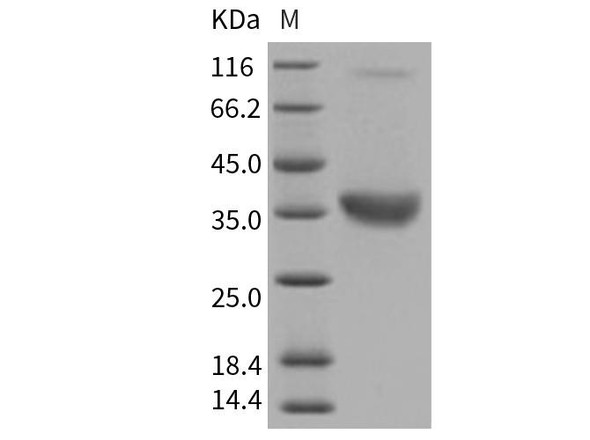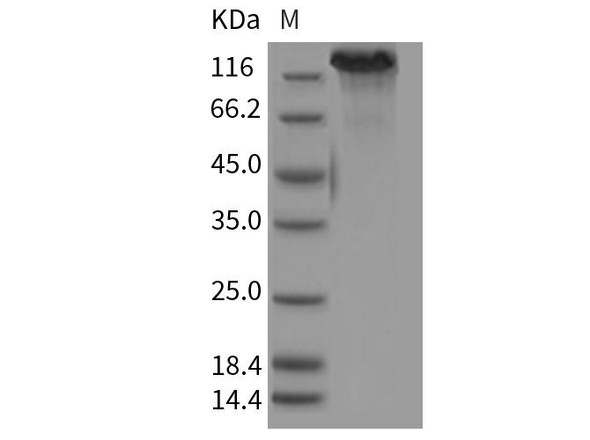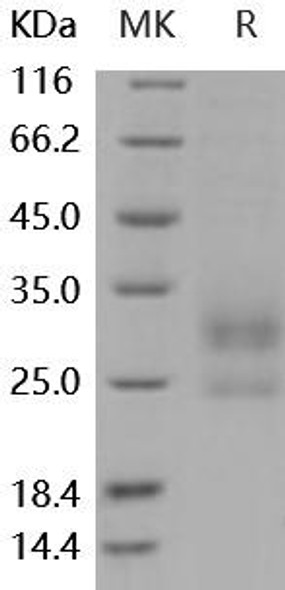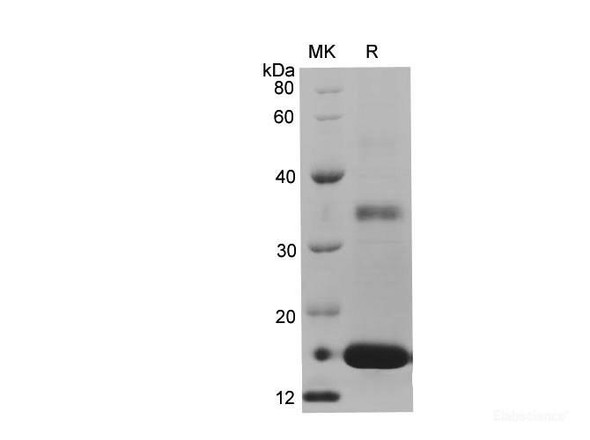| Background: | Tartrate-resistant acid phosphatase (TRACP) or acid phosphatase 5, tartrate resistant (ACP5 or TRAP) is a glycosylated monomeric metalloenzyme expressed in mammals. TRACP is associated with osteoblast migration to bone resorption sites, and, once there, TRACP is believed to initiate osteoblast differentiation, activation, and proliferation. TRACP once considered to be just a histochemical marker of osteoclasts is now recognised to be a molecule of widespread occurrence with functions in both the skeleton and the immune system. Two forms of TRACP circulate in human blood, TRACP 5a derived from macrophages and dendritic cells, and TRACP-5b derived from osteoclasts. Recent data have demonstrated the utility of TRACP-5b as a marker of osteoclast number and bone resorption, and serum TRACP-5a as a marker of inflammatory conditions. TRACP is expressed by osteoclasts, macrophages, dendritic cells and a number of other cell types. It has a critical role in many biological processes including skeletal development, collagen synthesis and degradation, the mineralisation of bone, cytokine production by macrophages and dendritic cells, macrophage recruitment, dendritic cell maturation and a role in the development of Th1 responses. |






